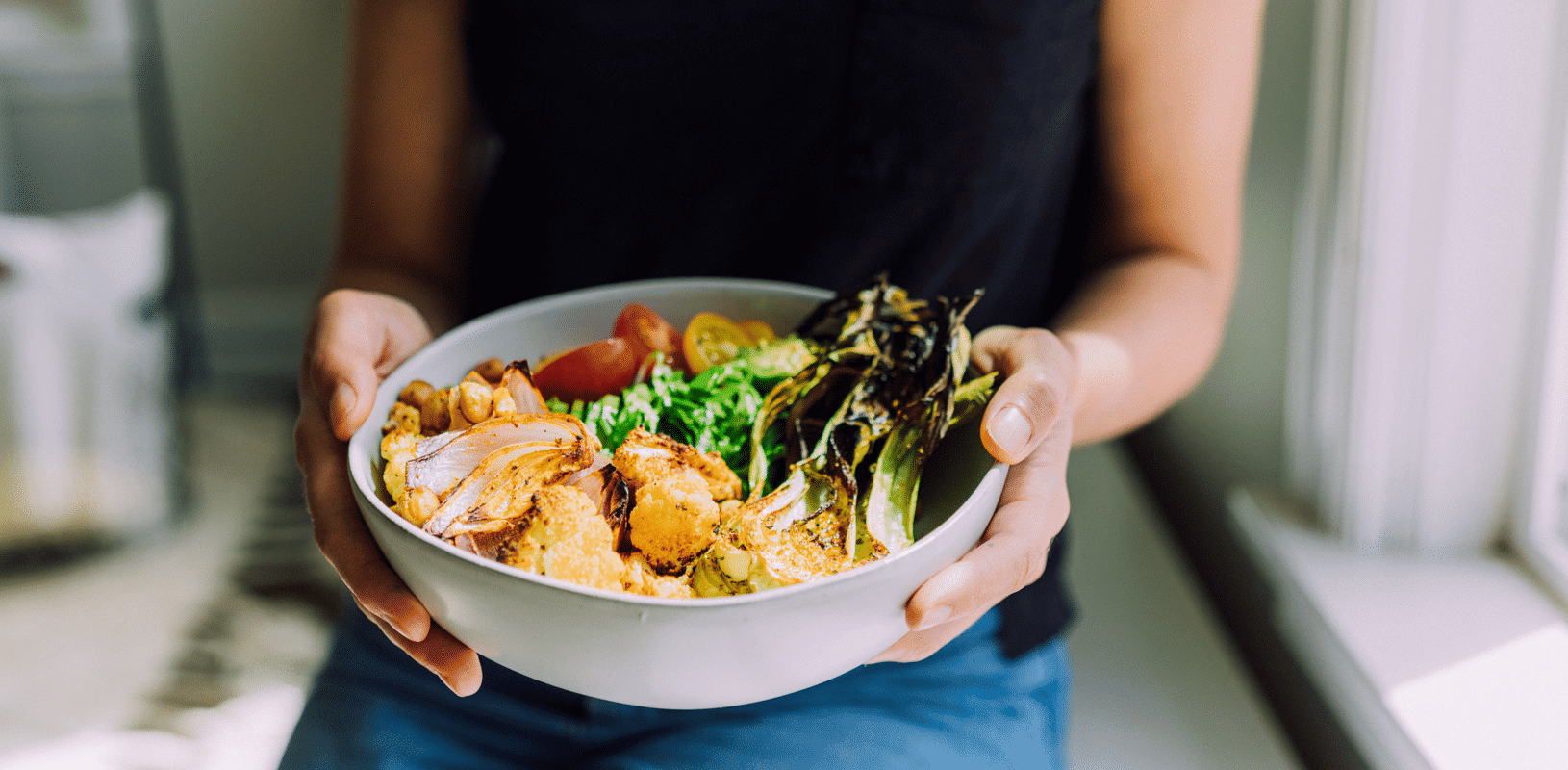
How to Transition to a Plant-Based Diet
You may have noticed more of your favorite restaurants offering vegan options than they used to, or have seen your local grocery store expanding their selections of plant-based milks and cheese over the past few years. The popularity of eating plant-based is on the rise for several reasons. The first is health — eating a plant-based diet of whole foods can help prevent illnesses like type 2 diabetes, heart disease, high cholesterol, high blood pressure, and more. Plus, many people who omit animal products from their diet report feeling more energetic and often lose weight. The second reason is environmental; studies have shown that eating a plant-based diet could be the biggest way to reduce your carbon footprint.
When it comes to how to start a plant based diet, first be clear on why you want to do it; being clear on your purpose will help you stick to it!
Whether you want to ditch animal products or just incorporate more plants into your current diet, here are things to know and tips on how to transition to a plant-based diet:
Take Small Steps
Like any lifestyle change, completely changing your diet all at once can be overwhelming and quite often a recipe for failure. You don’t have to eliminate everything all at once. Look at your schedule and routine and decide what is easy to change. Maybe it’s by participating in “Meatless Monday” or dedicating a few days a week to making your meals free of animal products. Or, perhaps you eat plant-based at all but one meal a day. You could choose to eliminate certain products, such as meat and milk, then tackle cheese and eggs when you feel like the first two are no longer hard to live without.
You’ll Get Plenty of Protein and Vitamins
A common question anyone who eats plant-based often hears is “where do you get your protein?” The answer is, the same place animals get theirs — from plants! Quinoa, spinach, soy, oatmeal, tempeh, nuts, beans, lentils, tofu, and seeds are all rich in protein, and as long as you eat a variety of healthy nutrient-rich foods, you’ll be fine. The same goes for meat eaters! The only nutrient you can’t get from whole plant foods is vitamin B12, which can be taken as a supplement.
Plant-Based Doesn’t Mean Expensive
There is a misconception that sticking to a plant-based or vegan diet is expensive. These days, there are a wide variety of meat and cheese substitutes sold at different price points. Plus, actual plant-based foods are often the more affordable foods you’ll find at a store — whole grains, dried beans, produce, potatoes, and pasta are often less expensive than meat or other animal products. You can even buy nuts in bulk when they are on sale to make your own nut milks and creamy sauces!
Support Local Restaurants for Inspiration
Luckily, we live in a time where eating vegan doesn’t mean you have to cook every meal yourself, or miss any of your favorite foods — in San Diego, we are lucky to have an abundance of delicious plant-based restaurants for whatever type of food you are craving! While figuring out your own plant based diet plan to do at home, get inspiration from local restaurants. Visit Veganinsandiego.com for a list of plant-based restaurants throughout San Diego county. Also, many Indian, Thai, Mexican, and Ethiopian restaurants you like may have plant-based options that you just never noticed before!

Join our Senior Wellness Society for the latest news on Medicare and tips for healthy living in San Diego!
Sign up now ›Are you looking for specialized medical care in San Diego?
Our directory has more than 850 doctors in San Diego County of various specialties who are available to help you.
Find a doctor